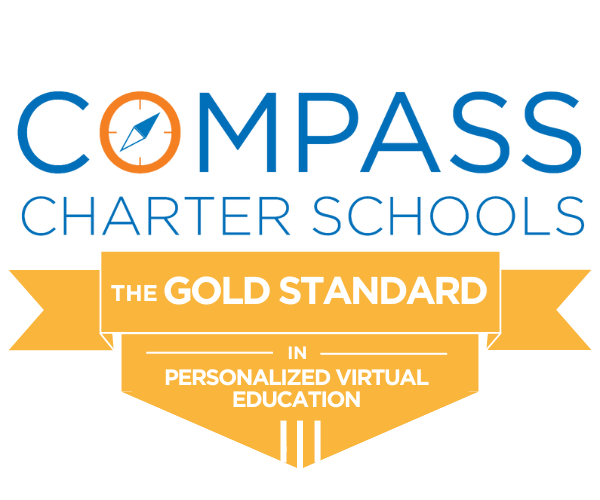It’s important for schools to discuss standardized testing with scholars and their families to develop a better understanding of the ‘why’ behind them. Many families, specifically those that choose online education or homeschooling, are hesitant to participate in state tests. They often feel that standardized tests generalize scholars and don’t recognize personal needs like learning disabilities and much more. After all, these families learn together everyday and regularly assess their scholar’s academic progress. Others are hesitant because they are concerned about their scholar’s data being used for grades or placement. All of these concerns make parents wonder, “Why do we need to participate in state testing for assessment?”
The truth is, state testing actually does have a lot of benefits for scholars and their schools. Standardized tests are designed to provide a common measure of scholars’ academic progress, and educators can refer to these tests to measure the success of their school’s programs and academic strategies. California is part of SBAC, the Smarter Balanced Assessment Consortium. CAASPP is the California Assessment of Student Performance and Progress, which is California’s version of the SBAC. CAASPP is based on the California Content Standards, and assesses English Language Arts (ELA), mathematics, and the new California Science Test (CAST). The CAST test is a pilot test this year, which means scholars will not receive scores for their CAST tests because it is simply meant to measure the functionality of the new test. The CAASPP test is customized for each scholar for a more accurate measurement. The test is computer adaptive, which means that it automatically adjusts the difficulty of questions throughout the assessment based on the scholar’s responses.
There are many important reasons why scholars should take the state tests. Parents can use the test results as one of many indications of their scholar’s academic performance. The state uses overall results to monitor a school’s performance toward achieving state standards. Teachers use the results to help determine how they can better support the scholars. These tests provide important information for our teachers, scholars, and their families about our schools’ and scholars’ progress and their readiness to meet our vision of “preparing scholars to take responsibility for their future success.”
For charter schools, test participation and sometimes even performance, are directly tied to the school’s charter renewal. The decision by a school district to authorize or renew charter schools can be influenced by the number of scholars that participate in the state-mandated testing. As a public charter school, CCS is required to have a certain level of scholar participation (at least 95%) for state testing to show how the charter school is performing. Charter schools, including home-based independent study programs, are held to an even higher standard than traditional schools when it comes to testing, as it has implications on our ability to continue to operate.
It’s important to know that there are quite a few organizations that are not in favor of the options that charter schools like CCS provide. One of the concerns they present to the public and the state legislature is that charter schools perform poorly, or that charter schools don’t participate in state testing and thus don’t provide enough data through test scores to support the need for alternative models of education. Anti-charter organizations use low testing participation as part of their rhetoric when trying to shut down charter schools. Here at CCS, we know there are countless benefits that charter schools provide, and state testing is an important way to help charter schools continue to remain an educational option for scholars.
State testing for Compass Charter Schools begins during the last week of April and continues into early May. This year, CCS has 16 testing sites throughout the state. Learning coaches and scholars should ask their teachers for more information on how to register for the state tests if they have not done so already. Scholars who choose to take the state tests will participate in one- to- two days of testing at a designated location monitored by test proctors. A typical schedule during a test day consists of a morning check-in followed by the first testing session. Then, scholars have a lunch break before starting their afternoon testing session and then ending the day.
We encourage all of our scholars to participate in state testing to support their charter school, their family and most importantly, themselves!
______________________________________________________________________
Looking for more information about state testing in California? Contact our Assessment Specialist, Beth Sneyd, at bsneyd@compasscharters.org.
